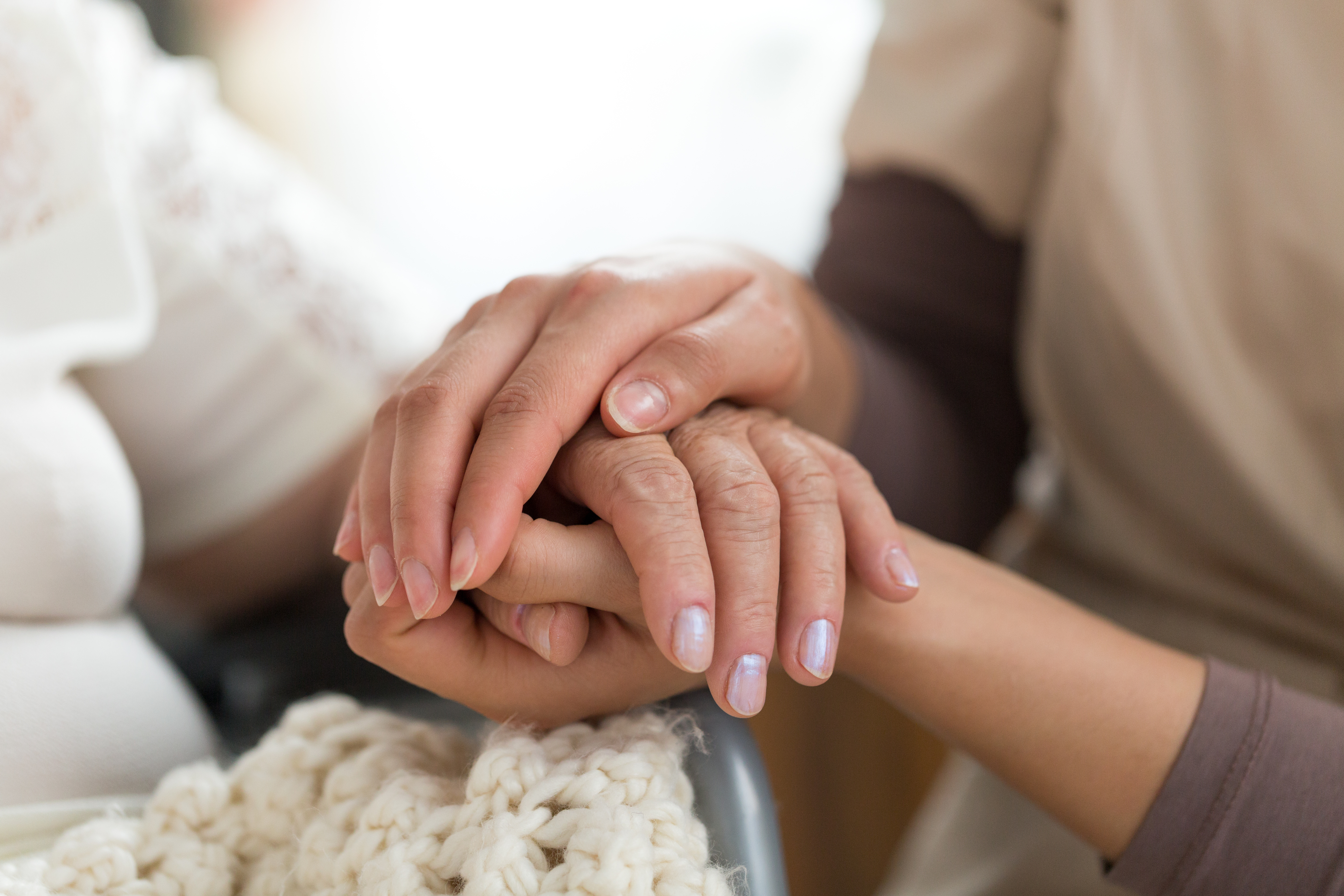
Understanding Osteoporosis
According to the National Osteoporosis Foundation, nearly 10 million Americans have osteoporosis, and about 44 million Americans have low bone density, putting them at an increased risk for developing the bone disease. Although common, osteoporosis is a serious condition that weakens bones and makes them more prone to breaks. It’s also a silent condition, meaning many people are unaware they have osteoporosis until they experience a break or severe discomfort. May is Osteoporosis Awareness and Prevention Month, making it the perfect time to learn about osteoporosis and how to reduce your chances of developing it.
What is Osteoporosis?
Osteoporosis is a bone disease that causes bones to become brittle. The body is constantly breaking down and replacing bone tissue. When the body can’t create new tissue at the same speed as it loses old tissue, that’s when osteoporosis occurs. Symptoms of osteoporosis include back pain, loss of height, stooped posture, and bones breaking more easily.
New bone tissue creation slows after the early 20s and continues to slow down with age. That means the chances of developing osteoporosis increase with age and are most common in those aged 50 and older. Aside from age, osteoporosis is more common in women of European or Asian descent. Your chances of developing osteoporosis also increase if you have a parent or sibling with the disease or have a more petite body frame as smaller frames tend to have less bone mass.
Causes of Osteoporosis
There’s a link between hormone levels and osteoporosis. People with low levels of sex hormones tend to have weaker bones, such as women’s estrogen levels, during menopause. Men also experience lower testosterone levels as they age and may also experience low testosterone levels if they’ve undergone specific treatments for prostate cancer.
Your diet can also contribute to your risk of developing osteoporosis. Those who don’t consume enough calcium, especially during formative years, tend to see diminished bone density, early bone loss, and an increased risk of fractures. You can also experience weak bones by not eating enough or being severely underweight.
According to the Mayo Clinic, long-term use of steroids and other medications can also affect the bone rebuilding process. Examples of drugs include prednisone and cortisone and medicines used to treat or prevent seizures, gastric reflux, and cancer. Osteoporosis is also more likely to develop in those with medical conditions such as celiac disease, inflammatory bowel disease, kidney disease, lupus, multiple myeloma, and rheumatoid arthritis.
Preventing Osteoporosis
Osteoporosis develops in many older adults. While some factors, such as a family history of osteoporosis, are out of your control, there are steps you can take to reduce your chances of developing the disease.
- Understand your bone density. As you get older, talk to your doctor about tests to measure your bone destiny. Knowing and monitoring your bone density can help you and your doctor identify if your bones are becoming more fragile and prone to breaks.
- Make sure there’s enough protein and calcium in your diet. Protein and calcium are essential elements in bone growth and strength. Great sources of protein include soy, nuts, legumes, seeds, and eggs. You can eat low-fat dairy products, dark leafy vegetables, salmon, or calcium-fortified cereals for calcium. If you are concerned you’re not getting enough protein or calcium, talk to your doctor about supplements.
- Maintain healthy body weight. Not having enough body weight can lead to bone loss and fractures. Being overweight can also increase your risk of fractures. A healthy body weight keeps your bones strong and is best for your overall health.
- Be honest with your doctor about falls or other injuries. If you fall, make sure to let your doctor know right away. Even if you don’t feel like you hurt yourself, you could have a minor fracture or break. Letting your doctor know about any injuries, especially to the bones, can help them determine your risk of osteoporosis as well as other health conditions.
How Visiting Angels Can Help
If you or a loved one is living with osteoporosis and needs extra help with daily tasks around the home, the team of caregivers at Visiting Angels Atlanta East can help. We assist with personal grooming, toileting, meal preparation, transportation, light housekeeping, medication reminders, and more. Our Atlanta East office serves those in Atlanta, Buckhead, Decatur, Vinings, and the surrounding Georgia communities. If you’d like to learn more about our services, you can fill out this form online or give us a call at 404.358.5877.
